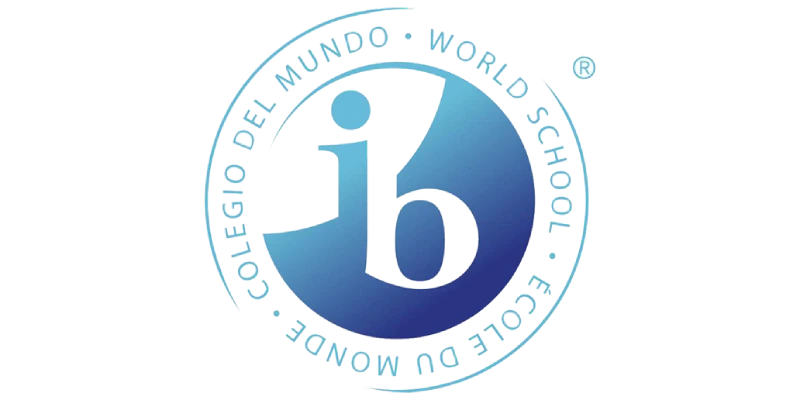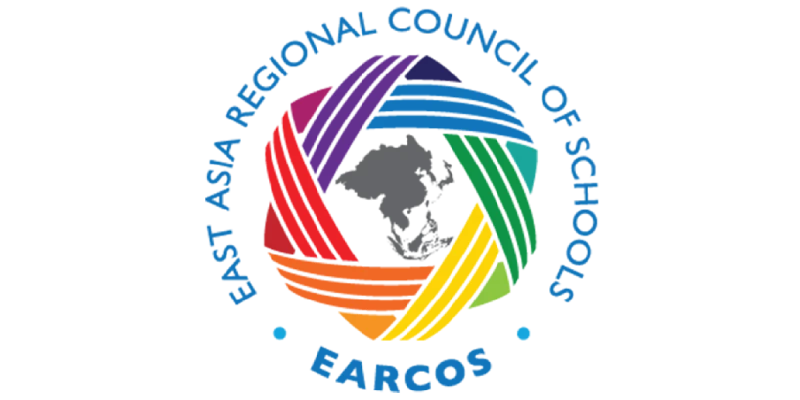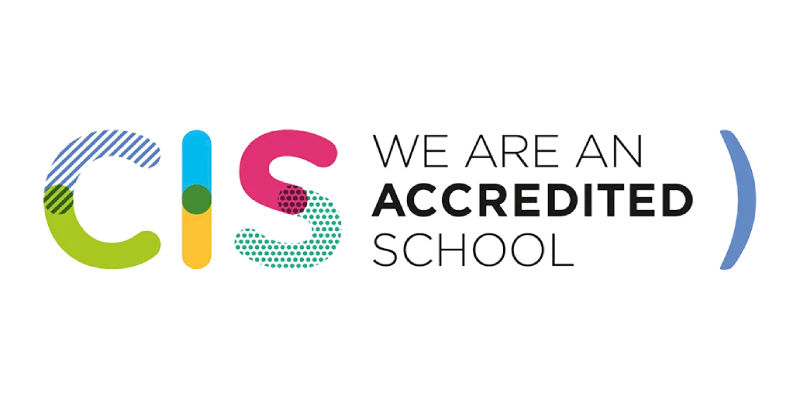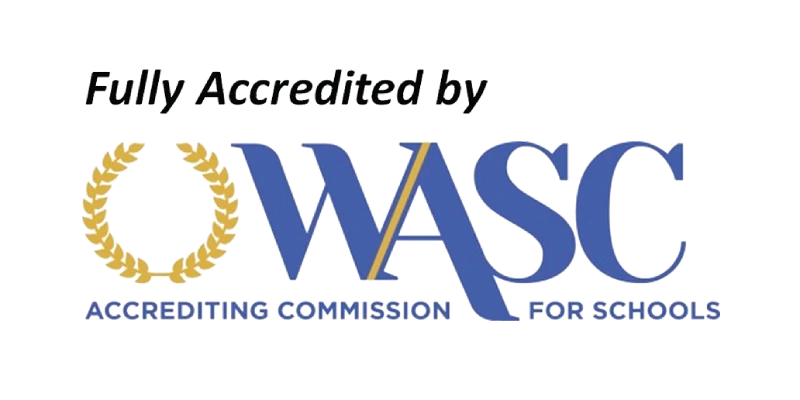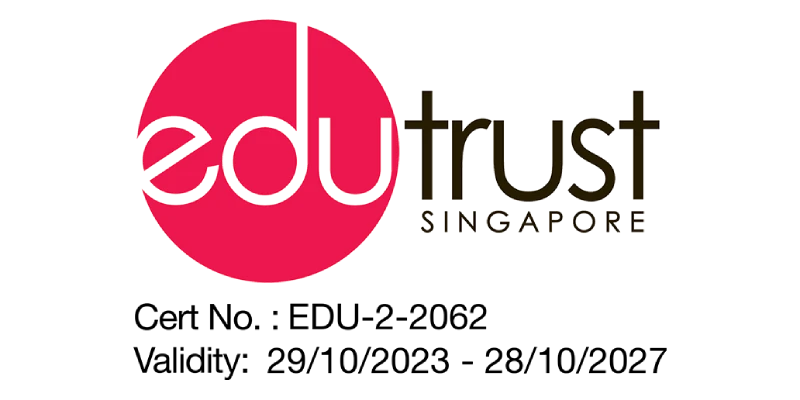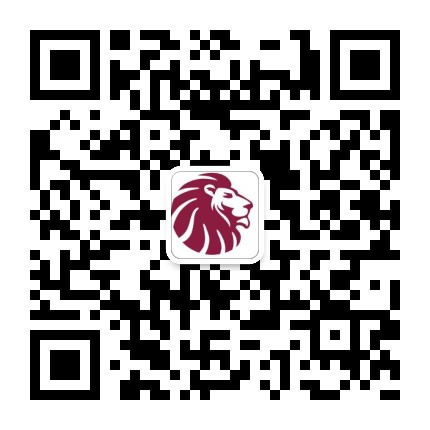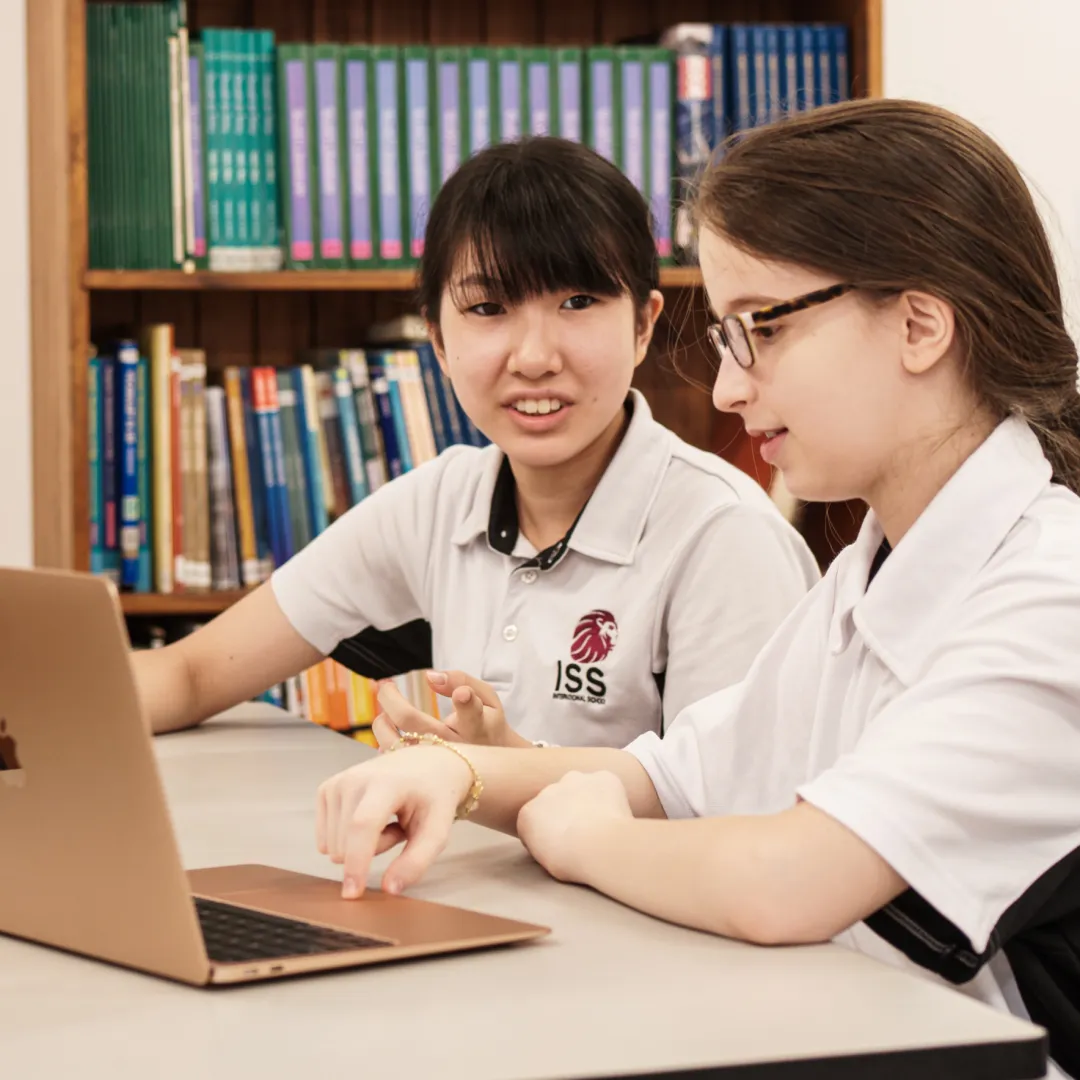
A Supportive and Inclusive High School Learning Environment
At ISS International School, our IB Middle Years Programme (MYP) provides a nurturing and inclusive environment. Building on the strong foundation of our Primary School, we create a truly international and multicultural community that values diversity and collaboration.
Our IB MYP curriculum fosters critical thinking, inquiry-based learning, and interdisciplinary connections, equipping students with the skills and mindset needed to excel in higher education and beyond.
IB MYP
ISS International School Singapore offers the IB MYP for students in Grades 6-10, focusing on developing students’ intellectual, social, emotional, and physical well-being.
Students in Grades 6 to 8 complete the full range of IB MYP subjects, ensuring a well-rounded education that promotes critical and reflective thinking. As they progress to Grades 9 and 10, ISS provides individualised pathways tailored to their unique learning needs. This approach ensures that each student is adequately prepared for their next steps, whether they choose the IB Diploma Programme (IBDP) or the ISS High School Diploma (HSD) in Grades 11 and 12.
Our Approach to the IB MYP
At ISS International School, our IB Middle Years Programme curriculum is designed to promote independent thinking, creativity, and international-mindedness. We take a student-centred approach, providing a supportive and inclusive environment where learners explore real-world concepts through inquiry-based learning. With small class sizes and personalised support, we nurture each student’s academic and personal growth, ensuring they develop the skills, confidence, and adaptability needed to succeed.
Key Features of the IB MYP
The IB MYP at ISS International School provides a well-rounded, inquiry-driven education that nurtures students’ academic and personal development. Catering to learners in Grades 6–10, the curriculum prepares students for future academic success through the following key features:
Rigorous, Well-Rounded Curriculum
The IB MYP offers a challenging, balanced curriculum that spans eight subject groups, ensuring a well-rounded education. From language and literature to arts and sciences, the programme encourages both depth and breadth in learning.
Global Mindset
The IB MYP promotes international-mindedness, helping students appreciate diverse cultures and perspectives while developing essential leadership and communication skills.
Focus on Developing Lifelong Learners
The IB MYP fosters a growth mindset by promoting self-reflection and continuous improvement. Students are taught to set goals, track their progress, and engage in self-assessment, ensuring that they develop the skills and mindset required to become lifelong learners.
Subject Groups
This section outlines the eight subject groups that form the core of the IB MYP at ISS International School.
- Language and Literature – English, Mandarin, Japanese, Mother Tongue
- Language Acquisition – English, Mandarin
- Individuals and Societies
- Sciences
- Mathematics
- Arts – Drama, Music, Visual Arts
- Design (G6-8 only)
- Physical and Health Education
For detailed information about the IB MYP subjects, visit the IB MYP Curriculum page.
Core Elements
The IB MYP is built around several core elements that align with the vision, mission, and values of ISS:
Teaching and Learning in Context: Students connect their learning to real-world experiences, using global contexts to explore issues of personal, local, and global significance.
Conceptual Understanding: IB MYP prioritises the exploration of big ideas. Concepts serve as a framework for inquiry, allowing students to examine knowledge holistically.
Approaches to Learning (ATL): Students develop essential skills in social, thinking, research, communication, and self-management to enhance their learning.
Interdisciplinary Learning: Students engage in collaboratively planned units that integrate multiple subject areas. This approach encourages them to make connections between disciplines, fostering a deeper understanding of complex real-world issues and enhancing critical thinking skills.
Personal Project: In Grade 10, students undertake a significant independent project that allows them to explore a topic of personal interest. The Personal Project incorporates learning experiences from the 5-year MYP Programme in Singapore and encourages self-directed learning, critical thinking, and reflection, culminating in a presentation of their findings.
Service as Action: Students engage in community service, applying their classroom learning to make a positive impact on others and the environment.
Inclusion and Learning Diversity: ISS promotes an inclusive environment where all students can thrive, as outlined in the school’s Inclusion Policy and Learning Diversity Guidelines.
Inclusion and Learning Diversity
ISS International School is committed to an inclusive educational environment. Our Inclusion Policy aims to identify and remove barriers to learning for all students, ensuring that each learner receives the support they need to succeed. This policy emphasises:
– Creating a positive and strength-based environment.
– Implementing measures to assess and address learning barriers.
– Acknowledging and celebrating diversity in learning.
Our Learning Diversity Guidelines detail how ISS supports students with different learning needs. Students are assessed and placed into Levels of Adjustment based on their specific requirements, ensuring they receive appropriate accommodations and support. This includes differentiated instruction and individualised educational plans tailored to each student’s strengths and challenges.
EAL Support
For students learning English as an Additional Language (EAL), ISS incorporates strategies that align with our EAL and Language Guidelines. These guidelines ensure that EAL learners are supported in accessing the curriculum while developing their English proficiency. This commitment to inclusivity helps all students feel valued and capable of achieving their best.
MYP eAssessment
ISS International School is committed to the IB’s eAssessment, which provides a modern, digital approach to evaluating student performance in the MYP. The eAssessment includes both on-screen examinations and the submission of coursework, allowing for a more flexible and comprehensive assessment of student learning. This method not only enhances the reliability and efficiency of assessments but also prepares students for future academic challenges in a technology-driven world. For more information about eAssessment, visit the IB eAssessment page.
Preparation for Future Pathways
The MYP at ISS is designed to equip students with the skills and knowledge necessary for success in the IBDP and HSD. The curriculum emphasises:
Critical Thinking: Students learn to analyse and evaluate information, which is vital for the rigorous demands of the IBDP and HSD.
Interdisciplinary Learning: Engaging in collaborative projects across subjects prepares students for the integrated learning approach of the IBDP and HSD.
Personal Development: Through service projects and community engagement, students develop a sense of responsibility and global awareness, aligning with the values of both the IBDP and HSD.
By fostering a supportive environment and providing tailored educational pathways, ISS ensures that all students are well-prepared for their future academic journeys. For more information about the MYP, visit the IB MYP Overview page.
ISS International School is proud to be an IB MYP authorised school since June 2003. For more information about the IB Middle Years Programme at ISS International School, please email Dr. Dharshini Jeremiah, our Academic Director of Teaching and Learning.
Why Choose IB MYP at ISS?
At ISS International School, we offer a comprehensive IB MYP designed to encourage holistic learning and integrate essential skills across subjects.
Holistic Development
At ISS, we focus on nurturing not only the intellectual growth of our students but also their emotional and social development. The IB MYP goes beyond academic achievement, encouraging personal growth, resilience, empathy, and a strong sense of social responsibility.
Personalised Learning Pathways
Every child is unique. Our students benefit from learning pathways personalised to their strengths and individual interests. This ensures that each student is given the tools to succeed and achieve their fullest potential.
Supportive Community and Collaborative Learning
We believe in creating a supportive and inclusive environment. Throughout the IB MYP curriculum, we encourage collaboration among students, teachers, and parents. This creates a nurturing space where academic, social, and emotional needs are met, and each child’s development is supported.
Frequently Asked Questions
How are students assessed in the IB MYP?
The IB MYP uses a combination of ongoing assessments, project-based work, and external eAssessments in Grade 10. Students are evaluated on their understanding of key concepts, their ability to apply knowledge, and their development of various skills across subjects.
Is the IB MYP offered in all international schools?
The IB MYP is offered by several international schools in Singapore. However, schools must be authorised by the International Baccalaureate (IB) to deliver the programme.
What makes the MYP different from other middle school programmes in Singapore?
The IB MYP is unique because of its focus on inquiry-based learning, global perspectives, and interdisciplinary teaching. It encourages students to make connections between subjects and the real world, fostering independent thinking and problem-solving skills that go beyond traditional curricula.

